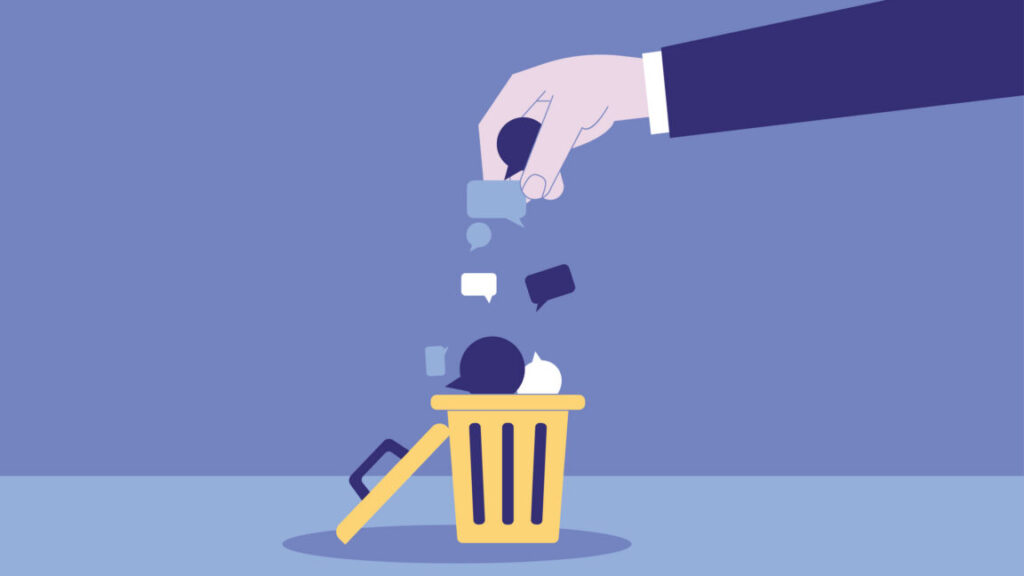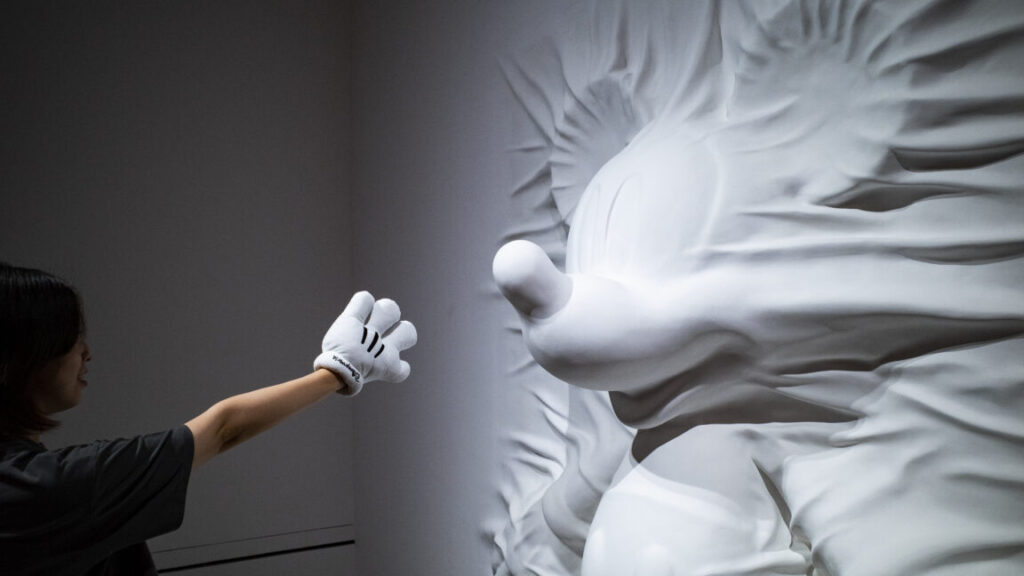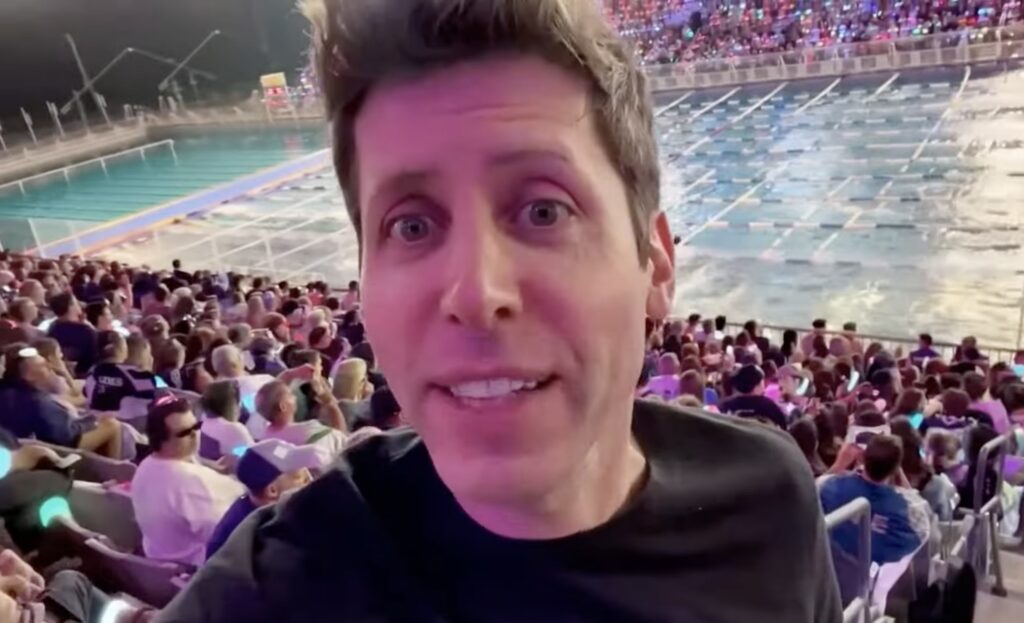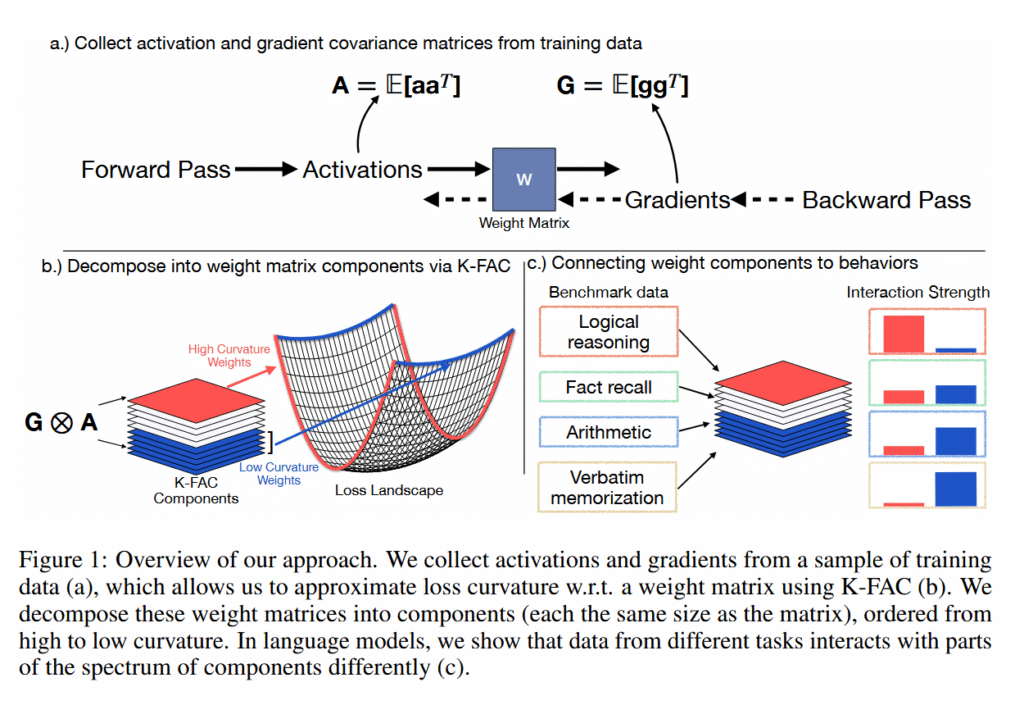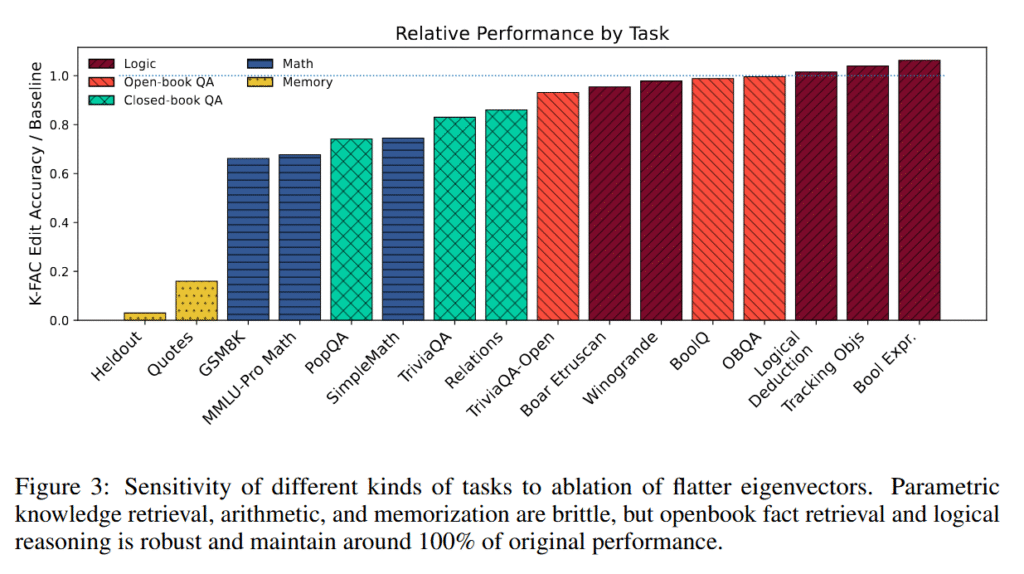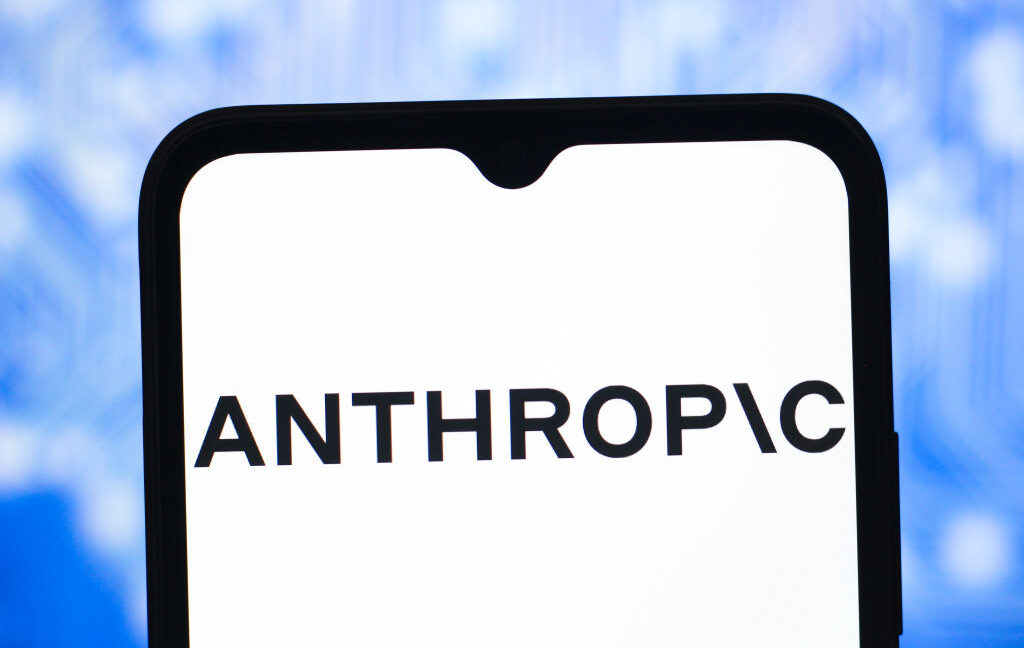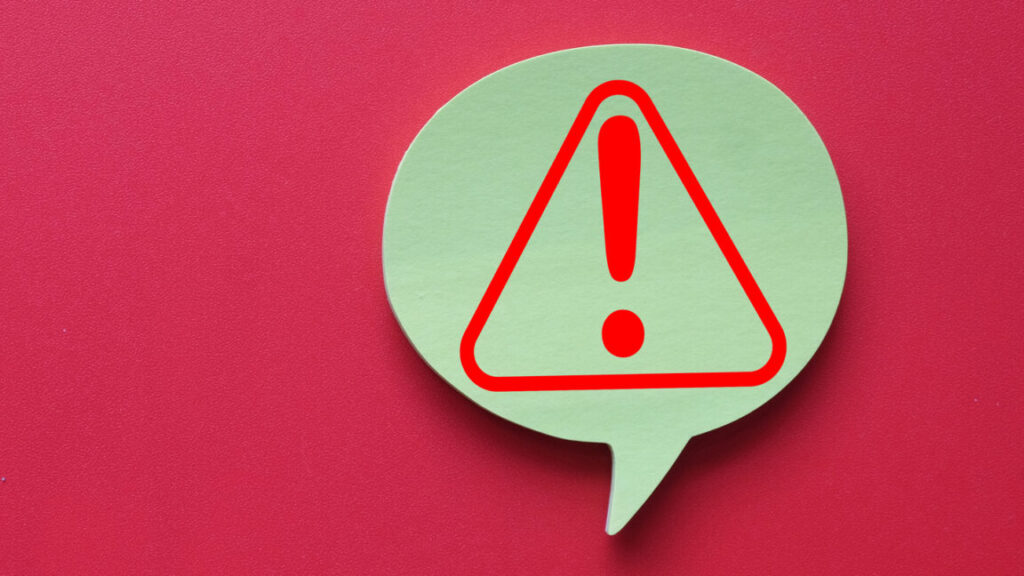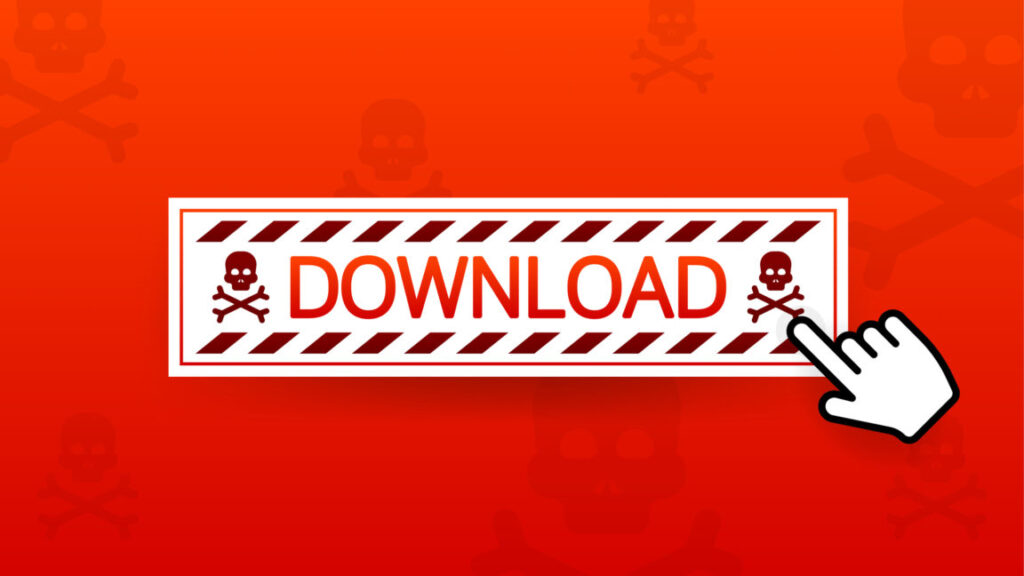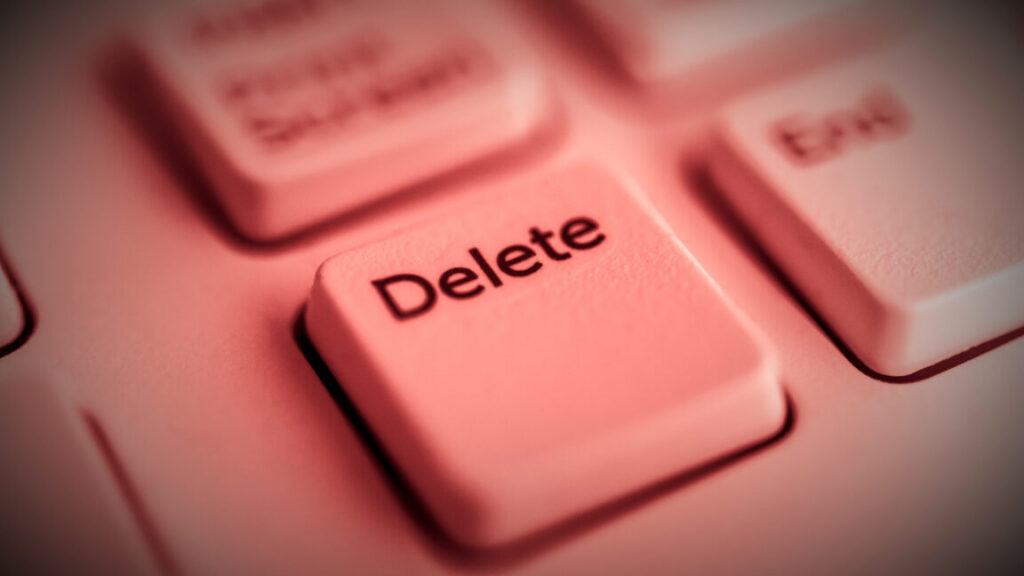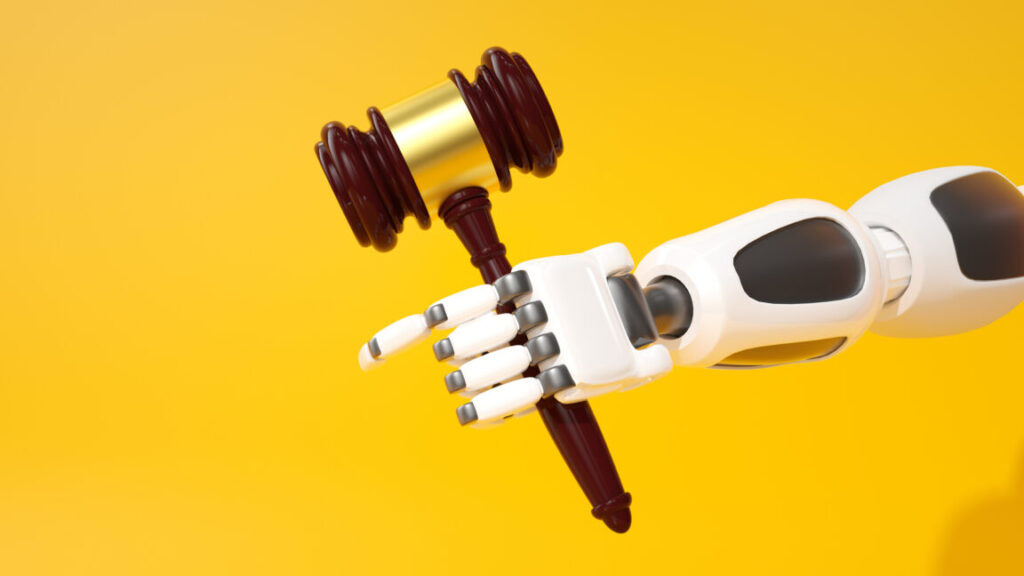News orgs win fight to access 20M ChatGPT logs. Now they want more.
Describing OpenAI’s alleged “playbook” to dodge copyright claims, news groups accused OpenAI of failing to “take any steps to suspend its routine destruction practices.” There were also “two spikes in mass deletion” that OpenAI attributed to “technical issues.”
However, OpenAI made sure to retain outputs that could help its defense, the court filing alleged, including data from accounts cited in news organizations’ complaints.
OpenAI did not take the same care to preserve chats that could be used as evidence against it, news groups alleged, citing testimony from Mike Trinh, OpenAI’s associate general counsel. “In other words, OpenAI preserved evidence of the News Plaintiffs eliciting their own works from OpenAI’s products but deleted evidence of third-party users doing so,” the filing said.
It’s unclear how much data was deleted, plaintiffs alleged, since OpenAI won’t share “the most basic information” on its deletion practices. But it’s allegedly very clear that OpenAI could have done more to preserve the data, since Microsoft apparently had no trouble doing so with Copilot, the filing said.
News plaintiffs are hoping the court will agree that OpenAI and Microsoft aren’t fighting fair by delaying sharing logs, which they said prevents them from building their strongest case.
They’ve asked the court to order Microsoft to “immediately” produce Copilot logs “in a readily searchable remotely-accessible format,” proposing a deadline of January 9 or “within a day of the Court ruling on this motion.”
Microsoft declined Ars’ request for comment.
And as for OpenAI, it wants to know if the deleted logs, including “mass deletions,” can be retrieved, perhaps bringing millions more ChatGPT conversations into the litigation that users likely expected would never see the light of day again.
On top of possible sanctions, news plaintiffs asked the court to keep in place a preservation order blocking OpenAI from permanently deleting users’ temporary and deleted chats. They also want the court to order OpenAI to explain “the full scope of destroyed output log data for all of its products at issue” in the litigation and whether those deleted chats can be restored, so that news plaintiffs can examine them as evidence, too.
News orgs win fight to access 20M ChatGPT logs. Now they want more. Read More »
